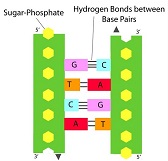
ACS Certificate in Applied Sciences gives you an excellent foundation in applied science with many options to select specialisation (plant, animal, environmental, health) and very relevant subjects in Science today. It is an excellent tool for people wishing to work or working in science related jobs without formal qualifications, to improve employability and forward your career up the ladder.